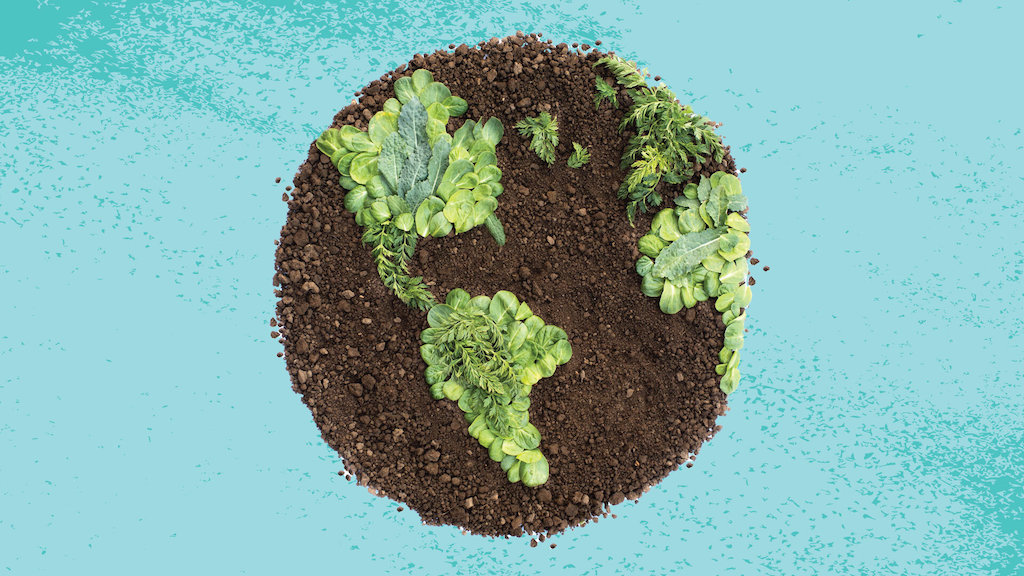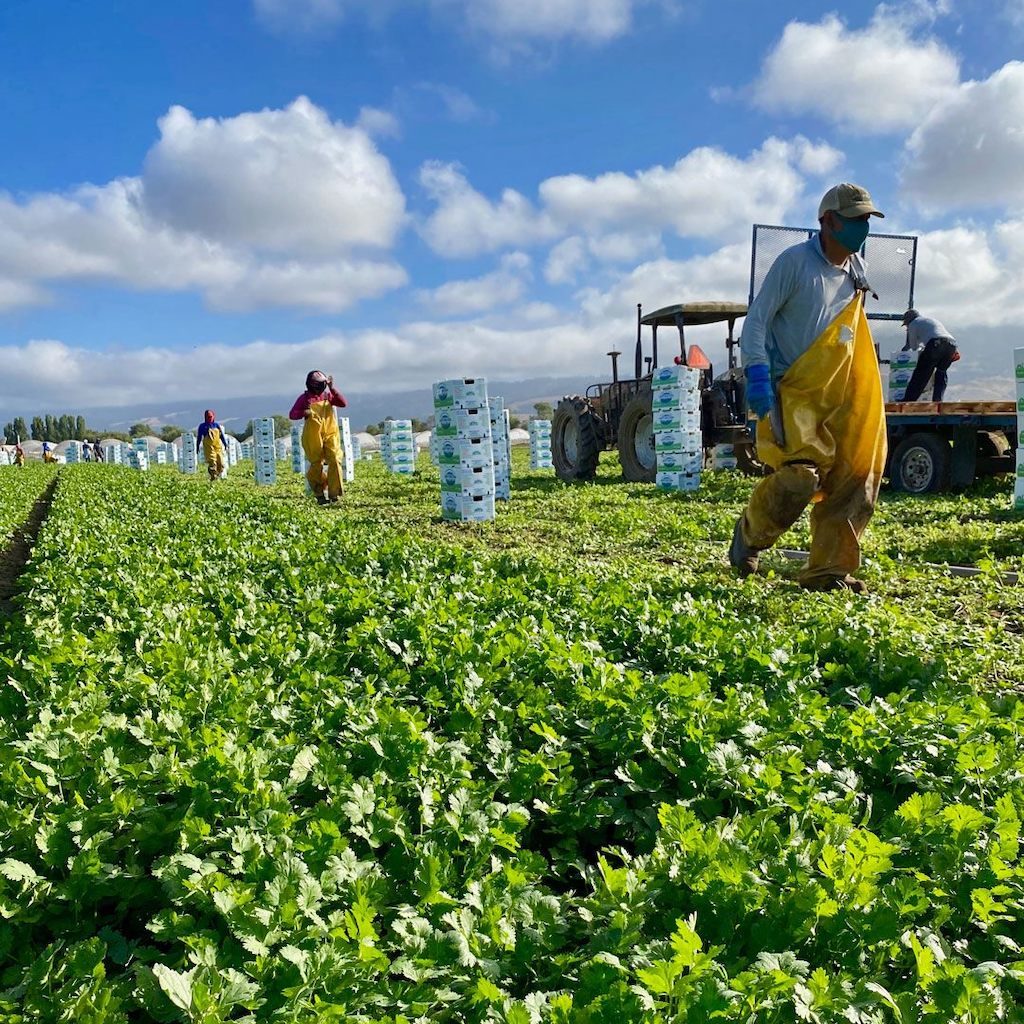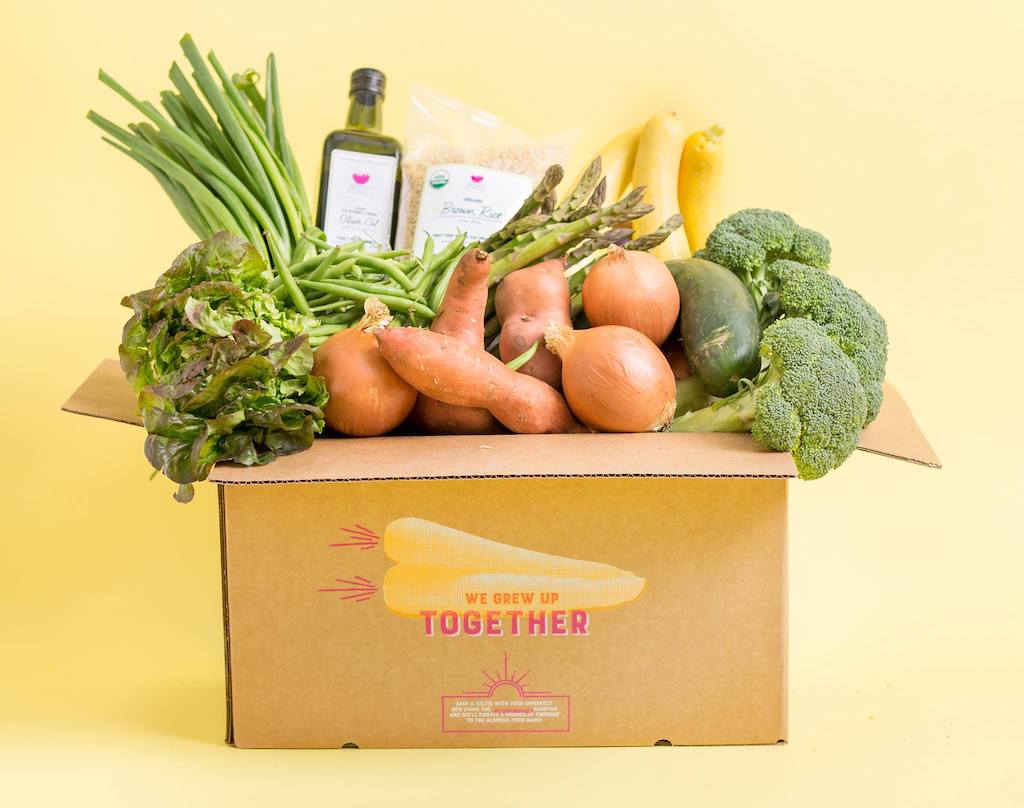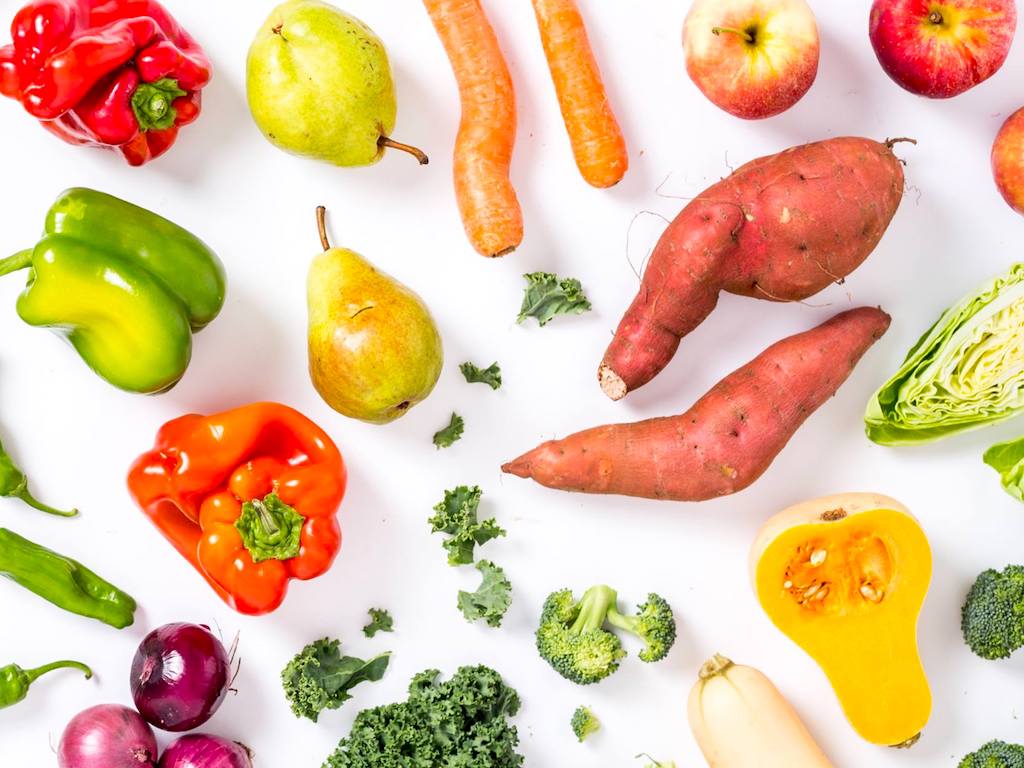4 Mins Read
Imperfect Foods, one of the first startups to slash food waste with “ugly” produce boxes, has pledged to double down on its sustainability efforts by slashing its carbon footprint. Pledging to reach net-zero emissions by the end of the decade, the company says it will convert to 100% renewable energy, improve regional sourcing and eliminate waste from “every point of its business”.
Food waste fighting startup Imperfect Foods has now decided to take its sustainability mission further, announcing its plans to become a carbon neutral firm by 2030, two decades earlier than the deadline set in the Paris agreement. While Imperfect Foods’ subscription boxes containing surplus and rescued fresh fruit and vegetables deemed too “ugly” to be sold already take aim at 10% of global greenhouse gas emissions attributable to the food waste crisis, the startup says it’ll further slash emissions through three main measures.
Its strategy will include converting all its fulfilment centres to 100% renewable energy and having a fully electric vehicle fleet by 2027, as well as improving operational efficiency by sourcing 15% more of its produce regionally. This will remove the number of trucks needed to transport food, limiting carbon emissions.

Sustainability is at the core of everything we do at Imperfect Foods but we know we can do more to drive change.
Philip Behn, CEO, Imperfect Foods
Perhaps the most ambitious of all in Imperfect Foods’ climate plan is the target to “mitigate waste at every point of its business”, starting off by making all its packaging recyclable, compostable or reusable within the next two years, and constructing and operating six certified zero-waste-to-landfill facilities by 2025. By the end of the decade, the company says it plans to have saved a staggering one billion pounds of food by the end of the decade.
Speaking about its new carbon neutral pledge, Imperfect Foods CEO Philip Behn said: “Sustainability is at the core of everything we do at Imperfect Foods but we know we can do more to drive change. We want to empower consumers to make better choices and know that the shopping decisions they’re making have a direct impact on the health of our planet.”

We know exactly which parts of our business emit greenhouse gases and from there, redesigned our business operations to reach our goal.
Maddy Rotman, Head of Sustainability, Imperfect Foods
Imperfect Foods also revealed that it had partnered with carbon footprint tracking firm Watershed in order to gain insights into where its business model is most emissions-intensive, in order to come up with these targets on how to reach net-zero.
“We know exactly which parts of our business emit greenhouse gases and from there, redesigned our business operations to reach our goal,” explained Maddy Rotman, head of sustainability at Imperfect Foods.
“We’ve already done a tremendous amount of work to source our products sustainably, but the time has come for us to bring that same rigour and mission-driven focus to our operating model.”

Big changes in our food system don’t happen unless you’re willing to see value where others see obstacles.
Philip Behn, CEO, Imperfect Foods
Since its founding in 2015 as one of the first firms in the world to capitalise on food waste and surplus food, Imperfect Foods says that it has managed to save 139 million pounds of food. Behn says that its mission of eliminating the 40% of food thrown away in the U.S. each year will still be core to its business model, as it continues to expand the range of product categories to include daily grocery and pantry items to make an “even bigger impact” on the food system.
“While we know this is an ambitious goal, our history as a company has shown us that big changes in our food system don’t happen unless you’re willing to see value where others see obstacles,” said Behn.
All images courtesy of Imperfect Foods.




